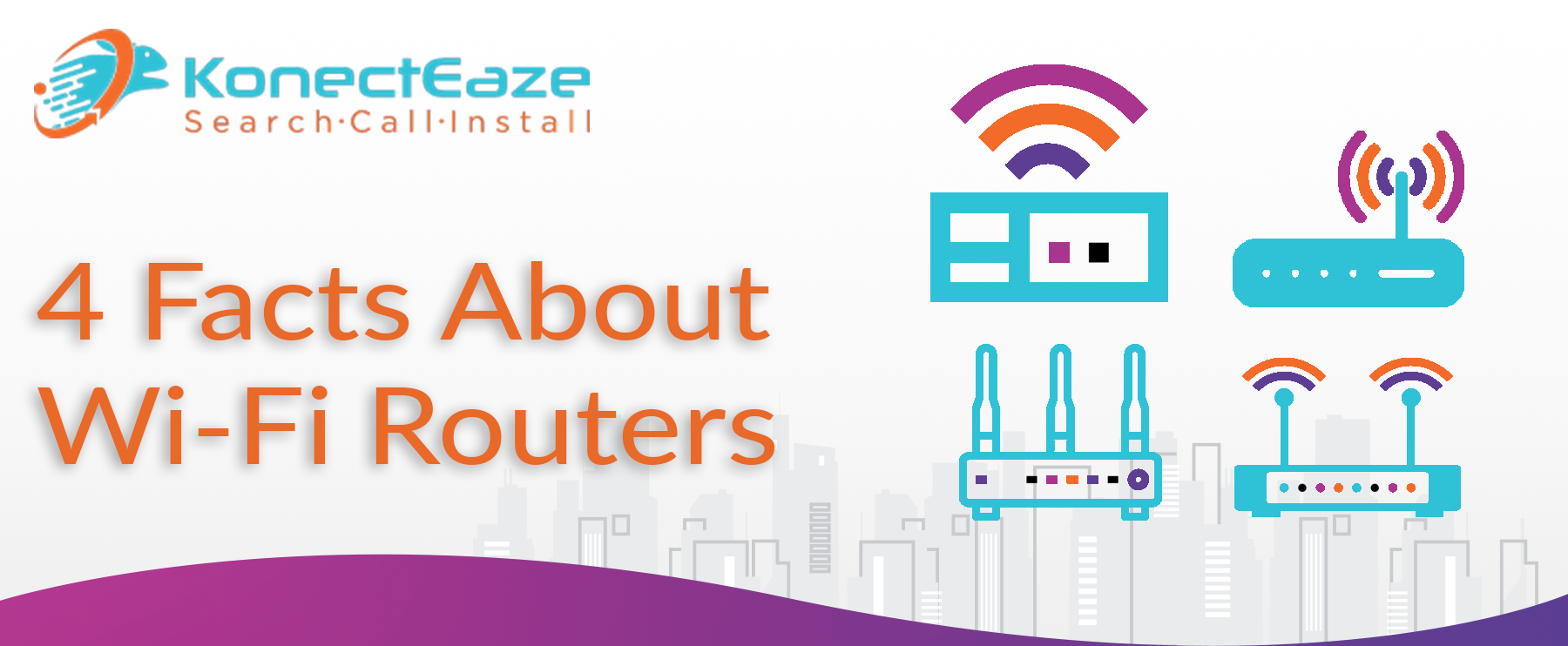Spectrum TV Stream Review
Introduction
Spectrum TV Stream is a popular streaming service offered by Spectrum, providing access to a variety of live TV channels and on-demand content. This review will delve into the features, pricing, channel lineup, and overall value of Spectrum TV Stream to help you determine if it's the right streaming service for you.
Features and Pricing
Spectrum TV Stream offers a convenient way to watch live TV without the need for a cable box. Here are some key features:
- Live TV Channels: Spectrum TV Stream includes over 25 live TV channels, including popular networks like ABC, NBC, CBS, Fox, and more.
- On-Demand Content: Access to thousands of on-demand movies and TV shows.
- No Contracts: Spectrum TV Stream operates on a month-to-month basis, allowing you to cancel at any time without penalty.
- Cloud DVR: For an additional fee, you can add Cloud DVR service to record and store your favorite shows.
- Streaming Devices: Compatible with various streaming devices, including Roku, Apple TV, Amazon Fire TV, and mobile devices.
Pricing
The base price for Spectrum TV Stream is $24.99 per month. This price includes the basic channel lineup and access to on-demand content. Additional fees may apply for Cloud DVR and premium channels.
Channel Lineup
Spectrum TV Stream provides a solid lineup of live TV channels, covering a range of genres including news, entertainment, sports, and lifestyle. Here are some of the included channels:
- News: ABC, NBC, CBS, Fox, CNN, MSNBC
- Entertainment: AMC, FX, TNT, USA, TBS
- Sports: ESPN, ESPN2, Fox Sports 1, NBC Sports Network
- Lifestyle: Food Network, HGTV, TLC
The channel lineup may vary based on your location, so it's important to check Spectrum's website for the most accurate list for your area.
Comparison with Other Services
When comparing Spectrum TV Stream to other streaming services, it's important to consider factors like channel availability, pricing, and additional features. Here is a quick comparison with other popular streaming services:
| Service | Monthly Cost | Channels | DVR Option | On-Demand Content |
|---|---|---|---|---|
| Spectrum TV Stream | $24.99 | 25+ | Yes (extra fee) | Yes |
| Hulu + Live TV | $64.99 | 65+ | Yes | Yes |
| Sling TV | $35 | 30+ | Yes | Yes |
| YouTube TV | $64.99 | 85+ | Yes | Yes |
Pros and Cons
Pros:
- Affordable pricing compared to traditional cable.
- No contracts or long-term commitments.
- Wide range of compatible devices.
- Access to live TV and on-demand content.
Cons:
- Limited channel lineup compared to other streaming services.
- Additional fees for Cloud DVR and premium channels.
- Channel availability may vary by location.
Conclusion
Spectrum TV Stream offers a budget-friendly alternative to traditional cable, providing access to live TV and on-demand content without the hassle of contracts. While the channel lineup is limited, it covers the essentials for news, entertainment, and sports. If you're looking for a simple and affordable way to stream live TV, Spectrum TV Stream is worth considering.


